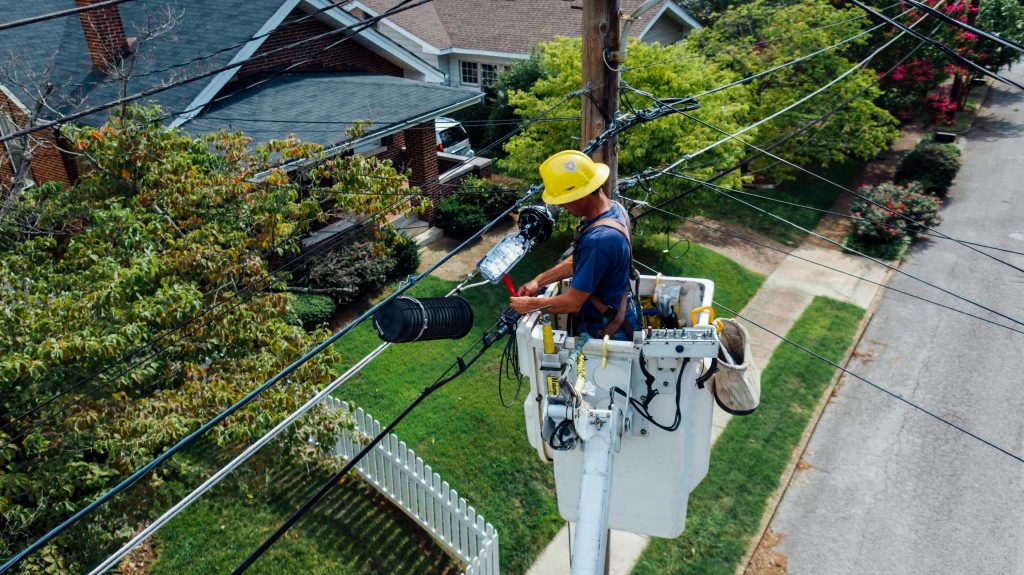 Contracting and subcontracting in the construction industry are standard practices. However, they can create several challenges when a worker is injured. What happens, for instance, when the employee of a subcontractor is injured by a device owned and operated by a municipal government unconnected to the construction project at hand? The Louisiana First Circuit Court of Appeal recently addressed this question when a worker was injured by an overhead power line.
Contracting and subcontracting in the construction industry are standard practices. However, they can create several challenges when a worker is injured. What happens, for instance, when the employee of a subcontractor is injured by a device owned and operated by a municipal government unconnected to the construction project at hand? The Louisiana First Circuit Court of Appeal recently addressed this question when a worker was injured by an overhead power line.
Brendan Sharp was employed by RedIron Construction, a Legacy Construction Services subcontractor. Legacy had been hired by Cummins Mid-South Diesel in Morgan City to construct a building, and Legacy brought RedIron in to install metal siding on the structure’s exterior. Sharp’s injury occurred when he touched one of the metal siding panels to a live overhead power line owned by Morgan City.
Sharp sued for damages, naming only Morgan City as a defendant. Morgan City then filed a third-party demand against both Legacy and RedIron, arguing that Morgan City itself was not liable for any damages due to Legacy’s and RedIron’s failure to comply with Louisiana’s Overhead Power Line Safety Act (OPLSA). La. R.S. 45:141. RedIron and Legacy then filed motions for summary judgment, contending that they were, in fact, in compliance with OPLSA.
 Louisiana Personal Injury Lawyer Blog
Louisiana Personal Injury Lawyer Blog


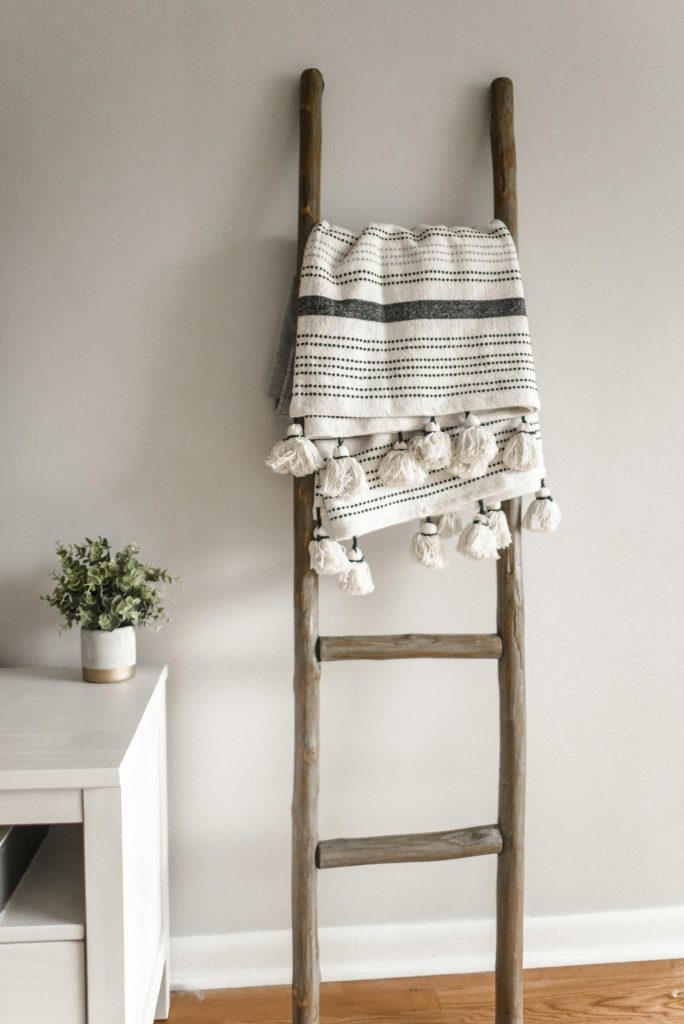 Relationships between employees and employers can sour quickly when employees commit negligence during their duties. In some cases, the innocent party can seek compensation from the employer for damages caused by the employee. But what if the party causing harm is not really an employee but an independent contractor? And what if the roles are not entirely clear? A recent injury case out of Denham Springs addressed those questions.
Relationships between employees and employers can sour quickly when employees commit negligence during their duties. In some cases, the innocent party can seek compensation from the employer for damages caused by the employee. But what if the party causing harm is not really an employee but an independent contractor? And what if the roles are not entirely clear? A recent injury case out of Denham Springs addressed those questions. 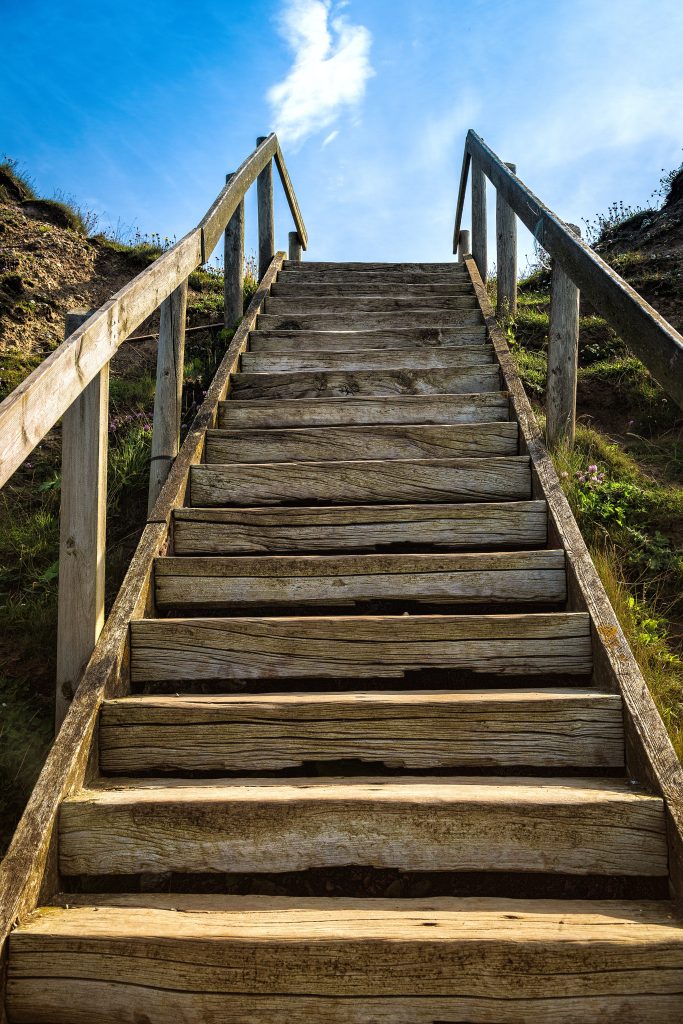 Sometimes, commonplace items such as stairs can lead to serious injuries. This case involves the unfortunate situation of a woman who fell down stairs and was injured. Under what circumstances can a building owner be held responsible for injuries from falling down the stairs?
Sometimes, commonplace items such as stairs can lead to serious injuries. This case involves the unfortunate situation of a woman who fell down stairs and was injured. Under what circumstances can a building owner be held responsible for injuries from falling down the stairs? 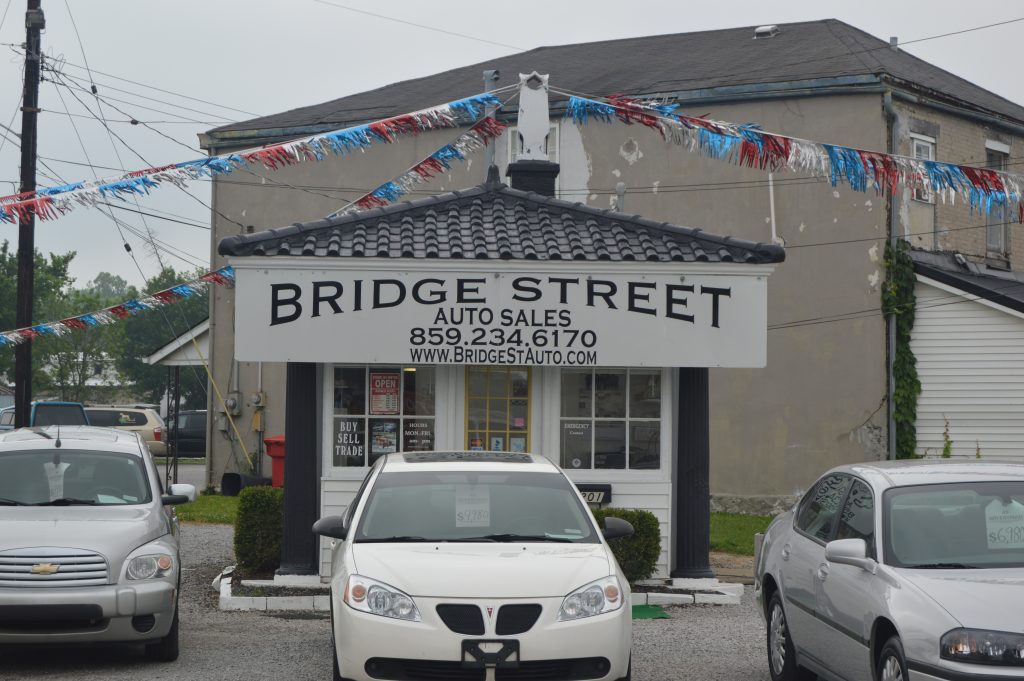 If you slip and fall at a car dealership because of wet floors, you might think you have a slam dunk case. However, if the condition that caused your fall might be considered open and obvious, you could face an uphill battle.
If you slip and fall at a car dealership because of wet floors, you might think you have a slam dunk case. However, if the condition that caused your fall might be considered open and obvious, you could face an uphill battle. 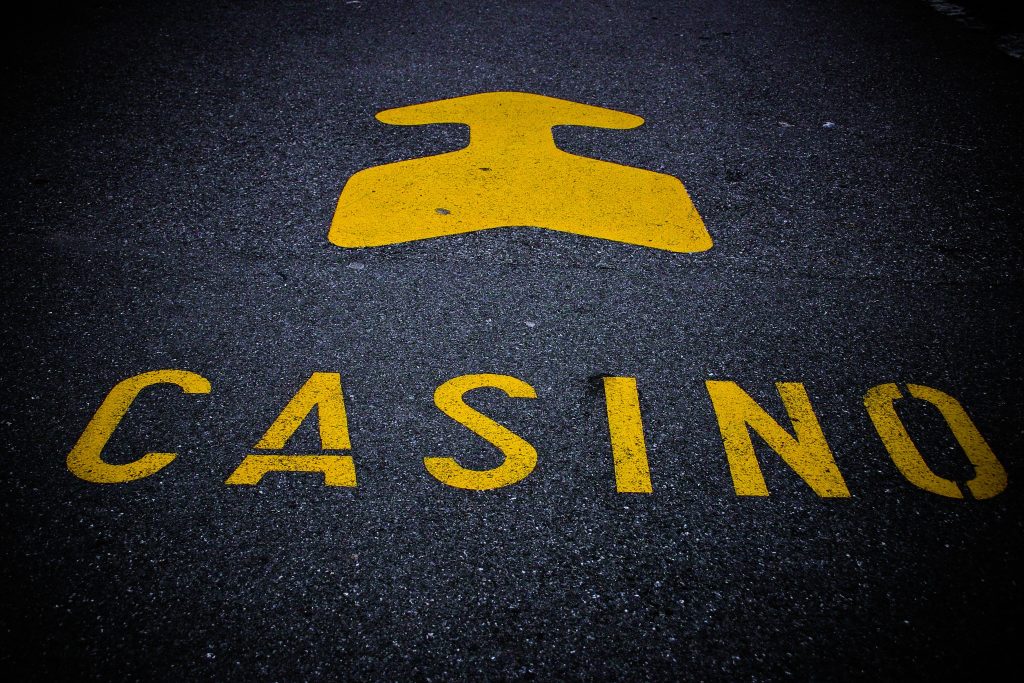 When you enter a store or place of public accommodation as a customer, there is a certain expectation of safety. Many customers expect stores to provide clean bathrooms and a slip-free environment. This, however, was not the case for Valencia Lewis when she was walking through a New Orleans casino.
When you enter a store or place of public accommodation as a customer, there is a certain expectation of safety. Many customers expect stores to provide clean bathrooms and a slip-free environment. This, however, was not the case for Valencia Lewis when she was walking through a New Orleans casino. 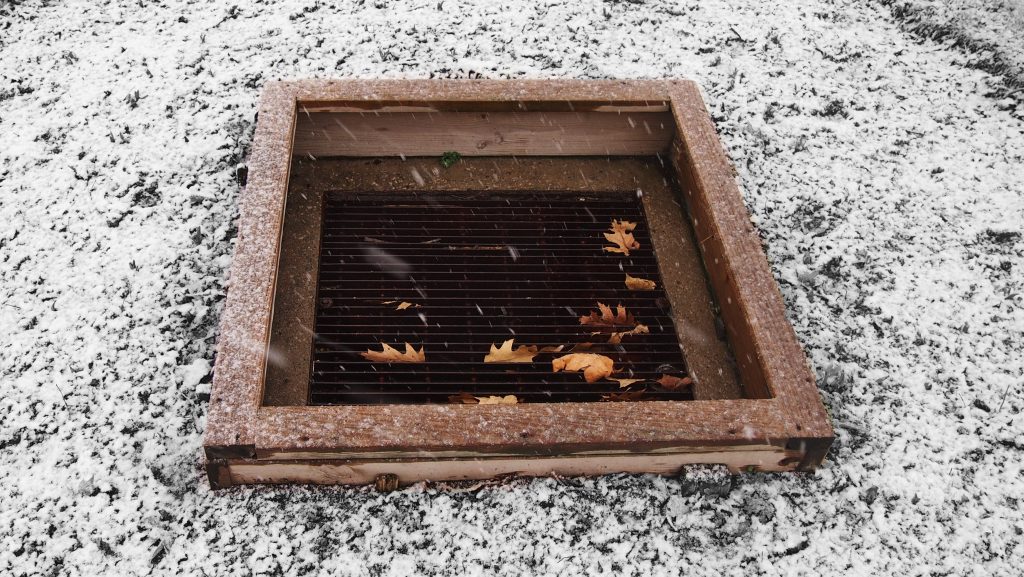 Imagine walking through your neighborhood only to be seriously injured from tripping over a wire frame on a storm drain. The following case considers whether such a condition is open and obvious. This is an important consideration because if a condition is found to be open and obvious, then defendants do not have a duty to protect people from the condition.
Imagine walking through your neighborhood only to be seriously injured from tripping over a wire frame on a storm drain. The following case considers whether such a condition is open and obvious. This is an important consideration because if a condition is found to be open and obvious, then defendants do not have a duty to protect people from the condition.  Homeowners often have to deal with contractors, such as plumbers, completing work in their homes or yard. What happens when a homeowner is injured from a condition on the property the contractor created? The following case helps answer that question.
Homeowners often have to deal with contractors, such as plumbers, completing work in their homes or yard. What happens when a homeowner is injured from a condition on the property the contractor created? The following case helps answer that question. 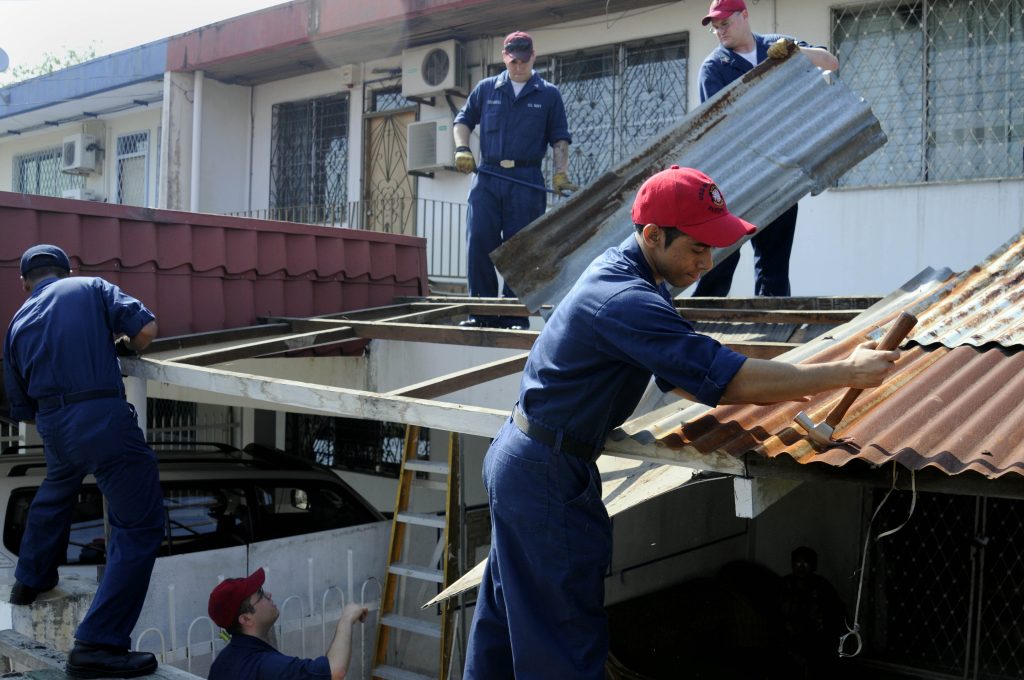 When renting an apartment, tenants expect a safe and secure living environment. However, what happens when an accident occurs due to negligence by the apartment owner and management company? If a leaky roof in your apartment injures you, can you make a claim for your injuries? The following lawsuit answers that question.
When renting an apartment, tenants expect a safe and secure living environment. However, what happens when an accident occurs due to negligence by the apartment owner and management company? If a leaky roof in your apartment injures you, can you make a claim for your injuries? The following lawsuit answers that question. 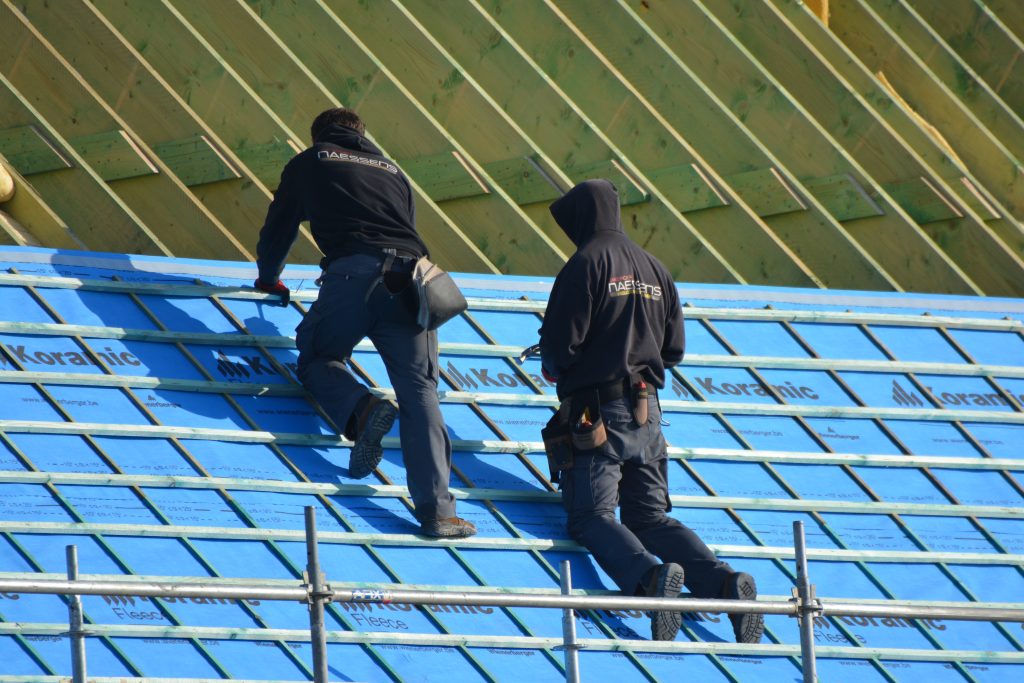 When accidents occur on a construction site, questions of liability and responsibility arise, leaving property owners wondering about their potential legal obligations. In a compelling lawsuit from Alexandria, Louisiana, the issue of whether a homeowner can be held liable for injuries sustained by a roofer while working on their property takes center stage. The case of Robert Schram v. Ronnie Waters provides valuable insights into this perplexing matter, shedding light on the factors determining a homeowner’s liability when a roofer falls from their roof.
When accidents occur on a construction site, questions of liability and responsibility arise, leaving property owners wondering about their potential legal obligations. In a compelling lawsuit from Alexandria, Louisiana, the issue of whether a homeowner can be held liable for injuries sustained by a roofer while working on their property takes center stage. The case of Robert Schram v. Ronnie Waters provides valuable insights into this perplexing matter, shedding light on the factors determining a homeowner’s liability when a roofer falls from their roof.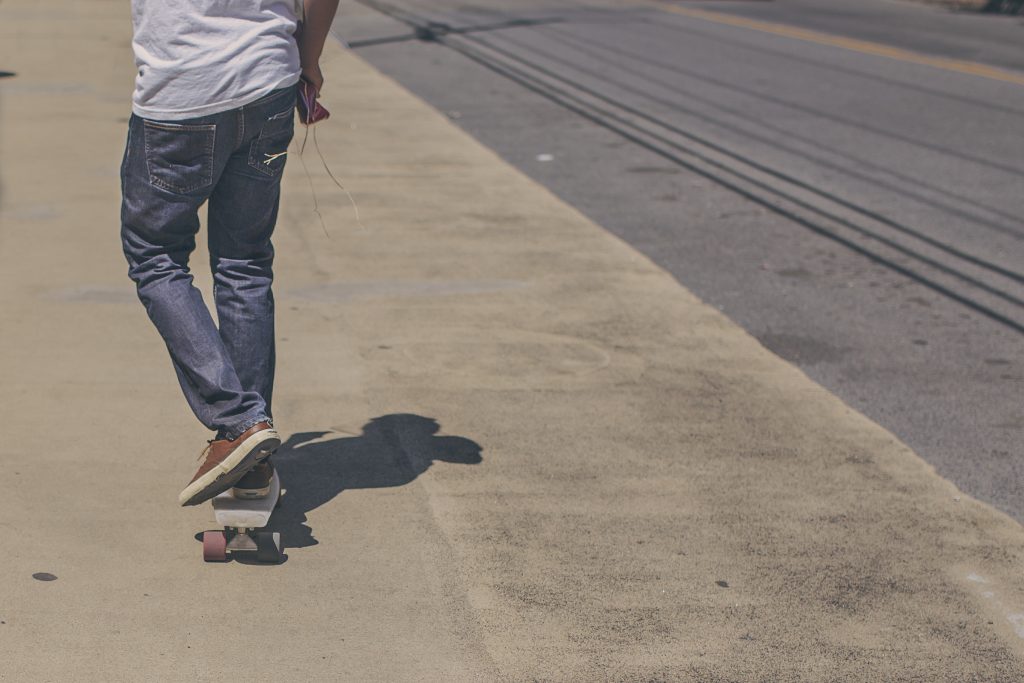 Parents can imagine all sorts of dangerous situations their children could find themselves in walking to school – kidnappings, getting hit by a car, bullying. But what happens if the cause of the injury was a defective sidewalk the city was supposed to maintain? Can the city be held liable? The following case examines the liability of a city when a teenager is injured due to a defective sidewalk in front of her high school.
Parents can imagine all sorts of dangerous situations their children could find themselves in walking to school – kidnappings, getting hit by a car, bullying. But what happens if the cause of the injury was a defective sidewalk the city was supposed to maintain? Can the city be held liable? The following case examines the liability of a city when a teenager is injured due to a defective sidewalk in front of her high school.